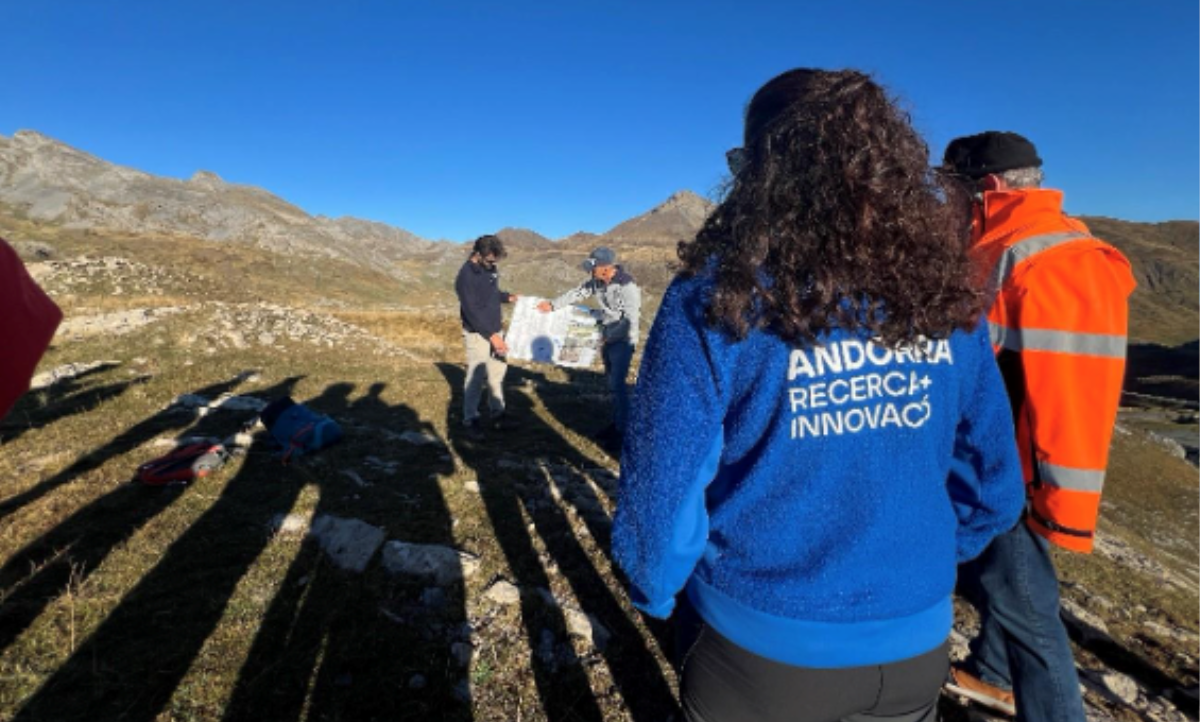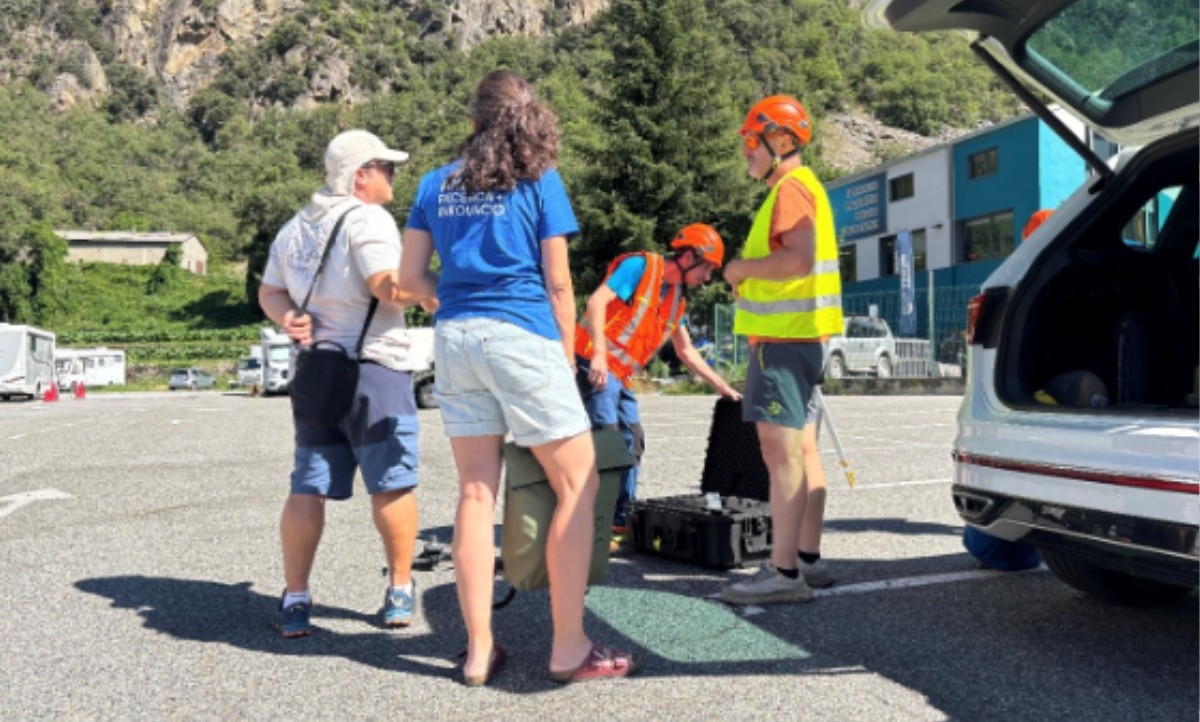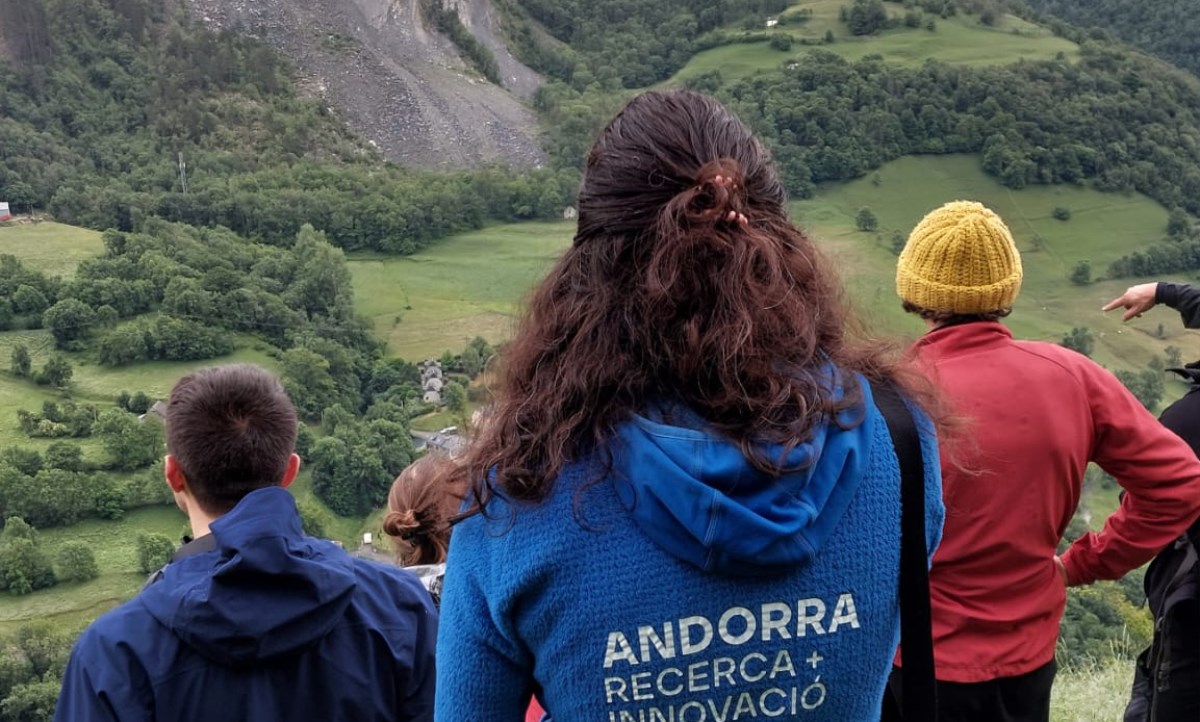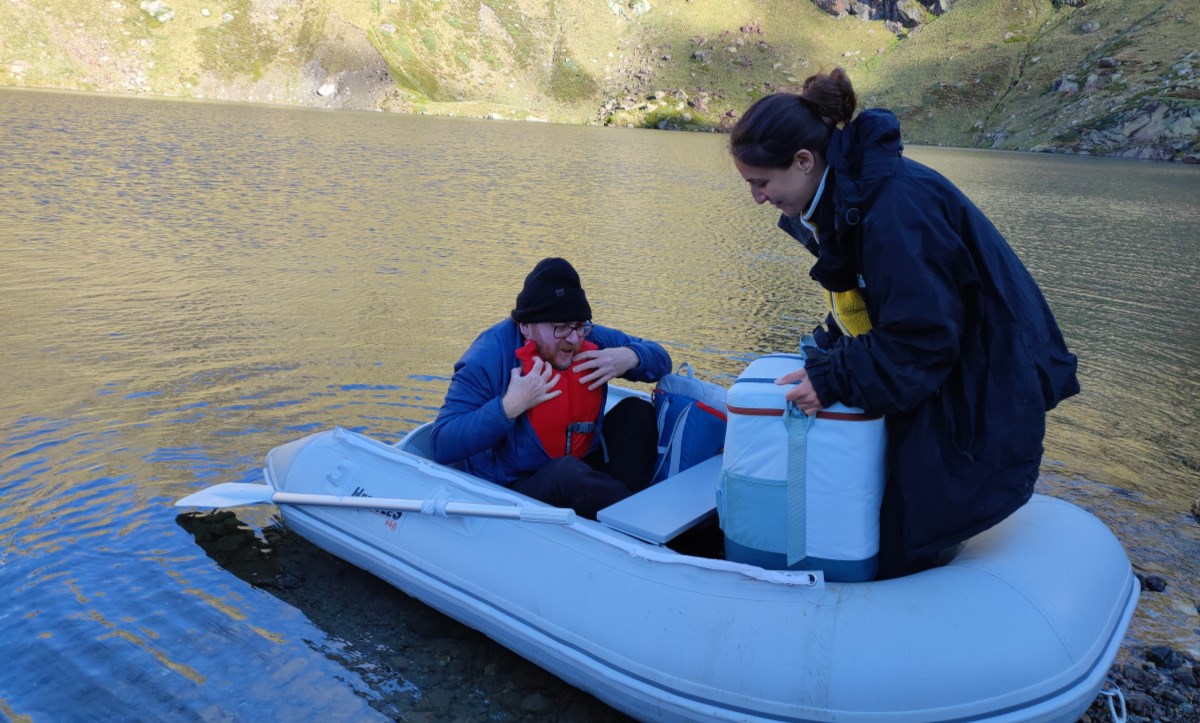Projects


The SPIRAL project (acronym for "eStrategia PIRenaica de Avisos por movimientos de Ladera") has been programmed in the first call of the cross-border cooperation programme Interreg POCTEFA 2021-2027 (project EFA039/01). It is a three-year project and is led by the Institut Cartografic i Geològic de Catalunya. Andorra Research+Innovation, the Andorran partner in the project, has as associate entities the Departament de Protecció Civil i Gestió d’Emergències and the Departament de Territori i Urbanisme.
The orographic and climatic conditions of the Pyrenees mean that slope movements (rockfalls and slides) are one of the natural phenomena that, in addition to affecting the health and well-being of its inhabitants, cause more economic losses, mainly due to the disruption of communication networks, damage to homes and equipment. Climate change projects more frequent scenarios of extreme weather phenomena (storms, droughts, floods and forest fires) favouring the formation and reactivation of large movements.
The challenge of the SPIRAL project is to reduce the impact of landslides by adopting a cross-border protection strategy that improves forecasting, prevention and emergency preparedness. Achieving this challenge requires a multi-scale approach (regional and local) based on knowledge. The project is based on the development of a warning service with action protocols that anticipate where and when slope movements may occur and how to proceed in case of activation. This strategy will make it possible to improve the resilience of the territory as a whole in the face of these disastera by issuing warnings to civil protection (regional approach) and to specific locations (local approach) for the benefit of the population as a whole.
Specifically, the project consists of two technical actions focused on different scales: Action 3 (A3) focuses on a regional forecasting (warning system), while Action 4 (A4) aims at local risk assessment. The final Pyrenean strategy will therefore be defined at both scales and will distinguish between management methods and mitigation measures adapted to the triggering factors.
This project is funded by the Interreg-POCTEFA programme and by the Government of Andorra thanks to the grant awarded in the Andorran supplementary call to Poctefa projects 2023, Ref.AUEP017- AND/2023.

 Anna Echeverria
Anna Echeverria Laura Trapero
Laura Trapero Meri Reazo
Meri Reazo


